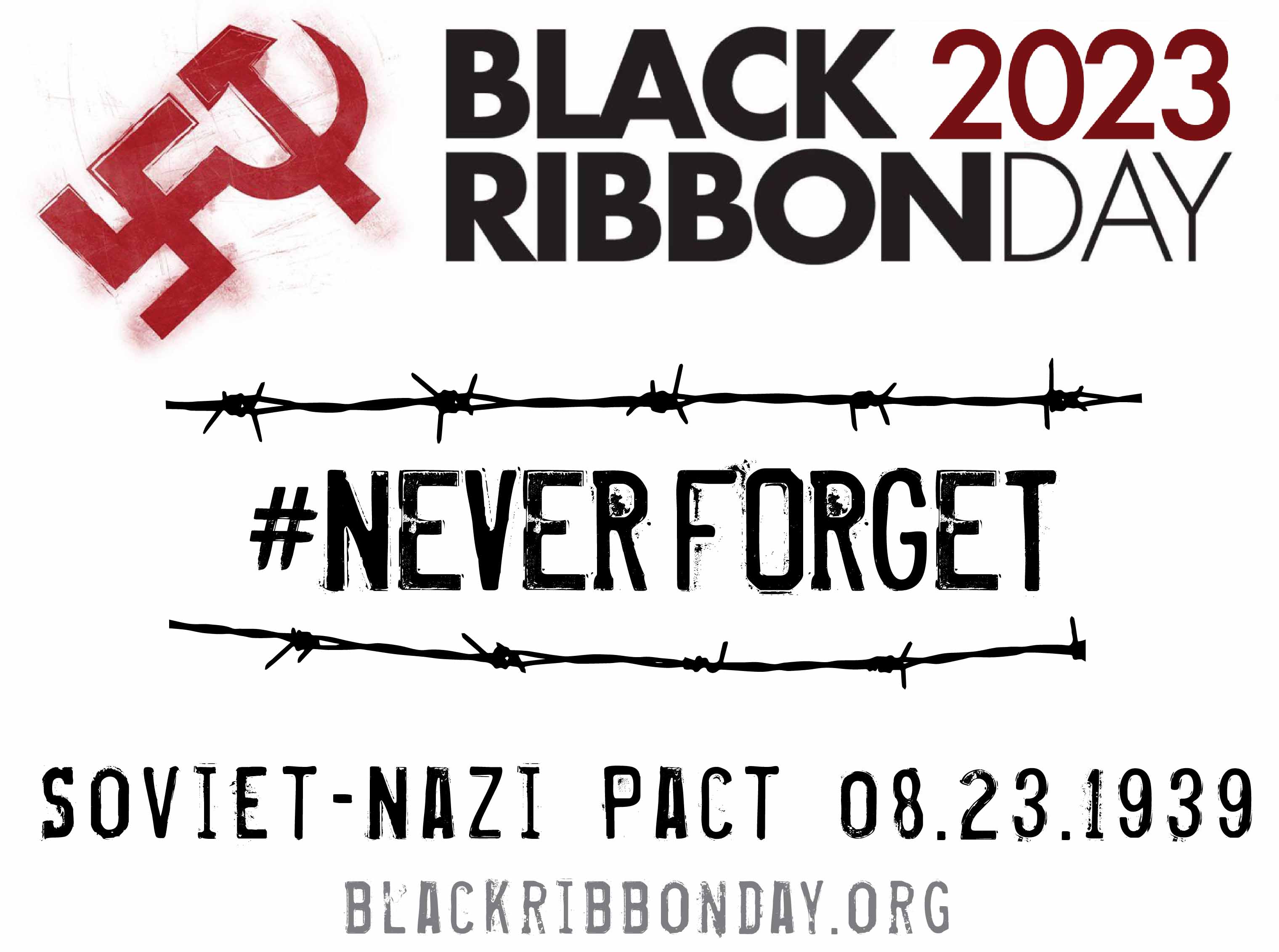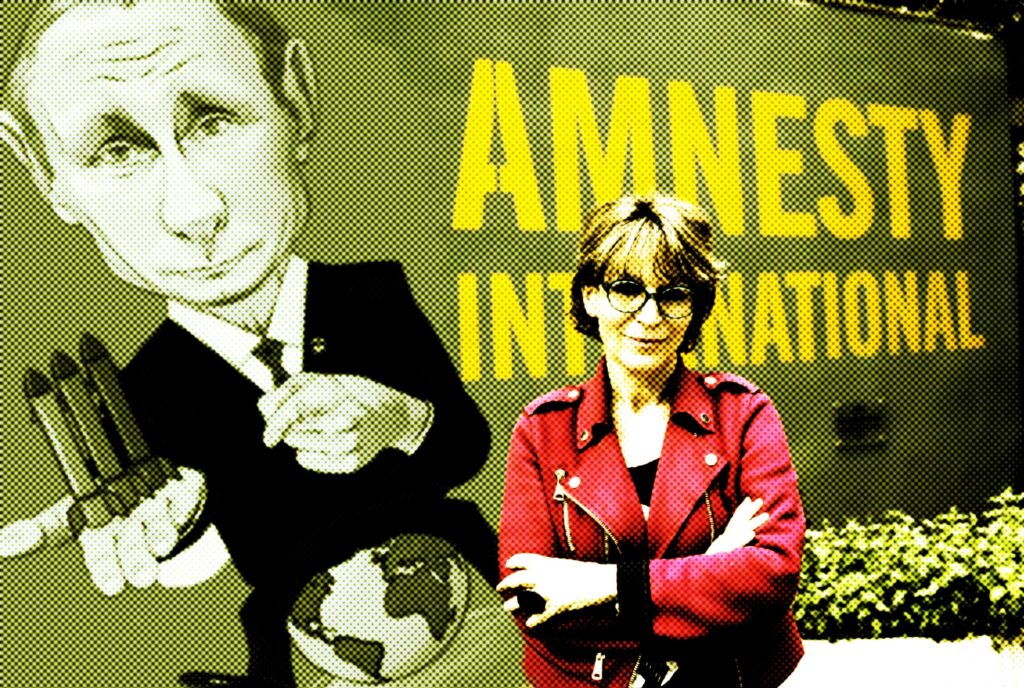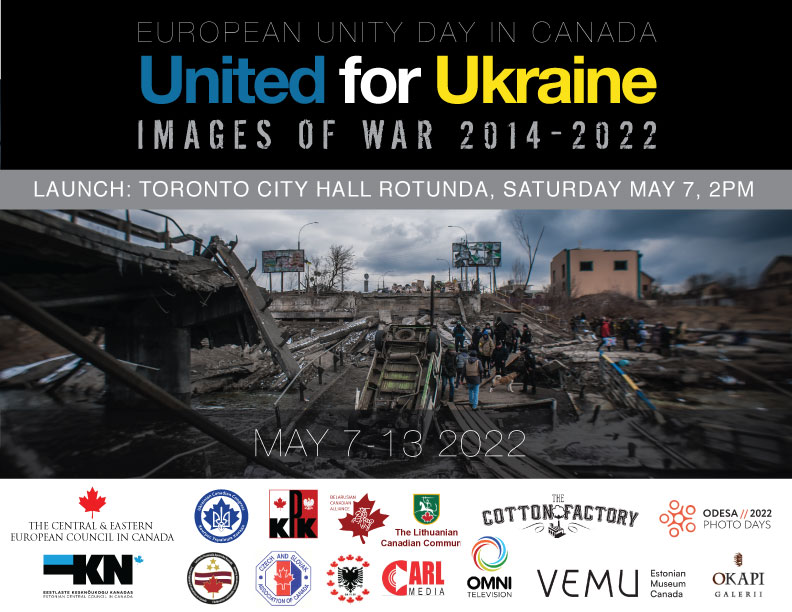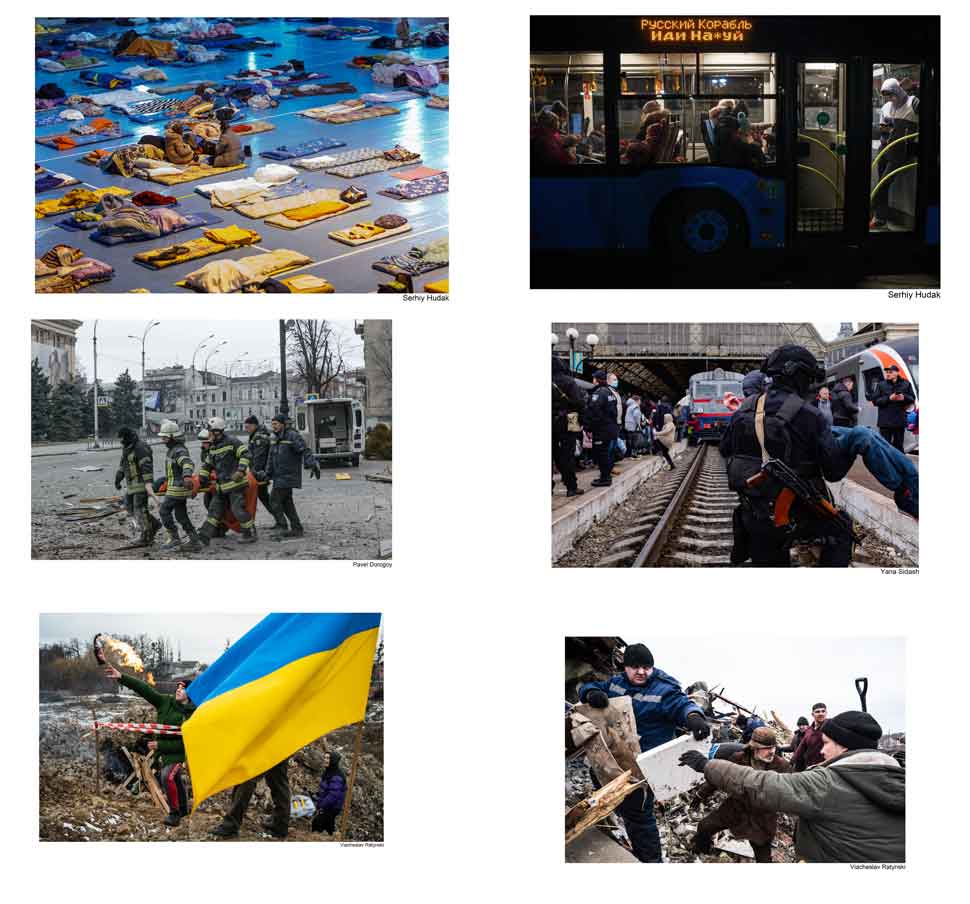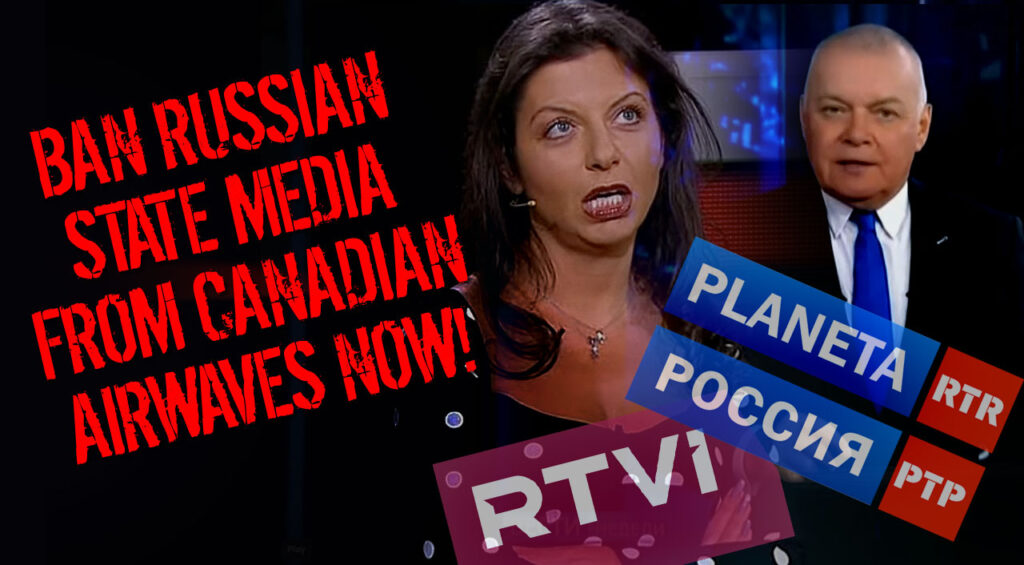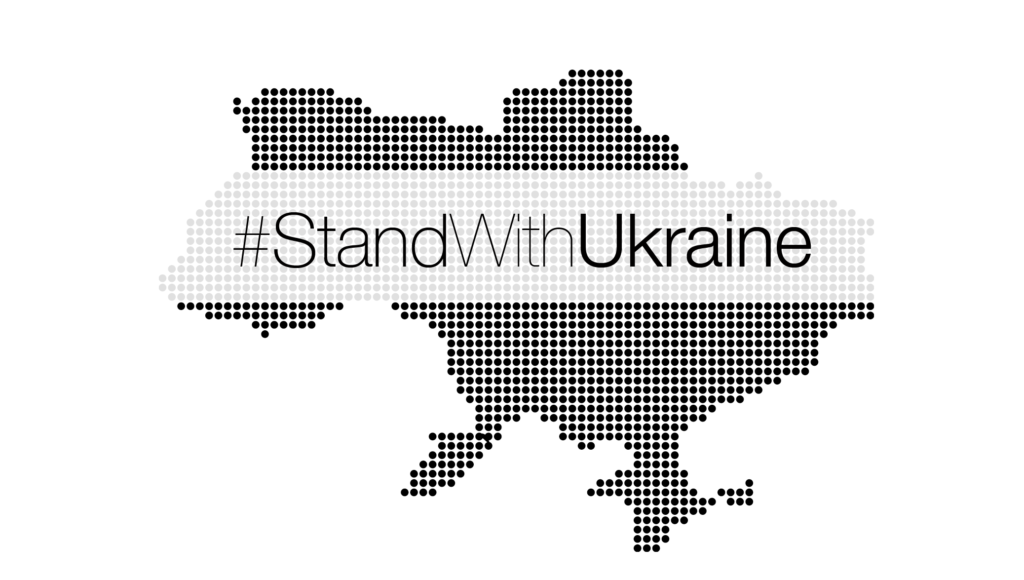TORONTO- The Central and Eastern European Council of Canada (CEEC), representing the interests of 4.5 million Canadians of Central and Eastern European heritage strongly condemns Canada’s decision to grant Airbus Canada and Bombardier sanctions waivers, allowing it to import titanium from Russia.
It is deeply disturbing that the Canadian government granted a sanctions waiver while Russian aircraft, drones and missiles target and destroy Ukrainian towns, cities and infrastructure and kill innocent civilians.
According to a CBC report, as much as $13 billion US has been added to Moscow’s war chest by the export of minerals, such as titanium, providing significant funding for Vladimir Putin’s war making abilities. This is more than the combined military and economic support Canada has given to Ukraine since the full-scale invasion began two years ago.
Reuters reported that Airbus secured waivers for sanctions imposed on the Russian company VSMPO-AVISMA. According to reports, VSMPO-AVISMA is 25% owned by Rostec, the state-owned armament company that manufactures missiles, precision weapons, and equipment for the Russian air force, and is 65% owned by the former investment director of Rostec. The links between this company and the Kremlin and its war making machine are clear.
We call upon the Canadian government to calls on the Canadian government to immediately revoke this sanctions waiver and enforce sanctions imposed on this totalitarian regime.
For more information: ceecouncilcanada@gmail.com






